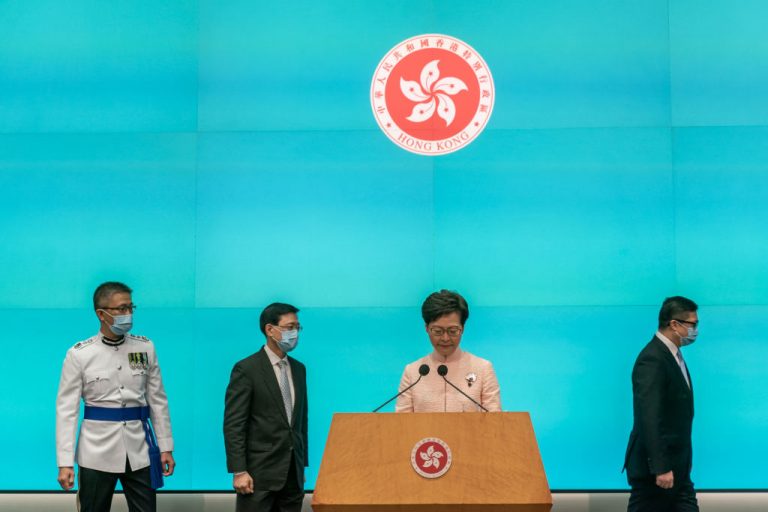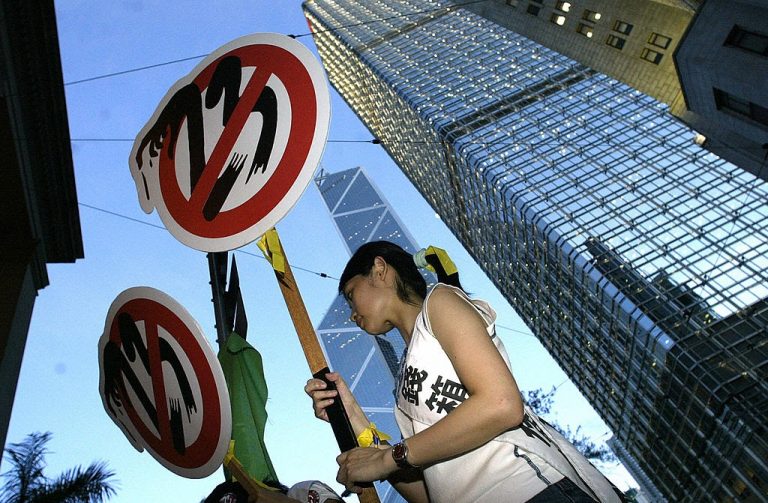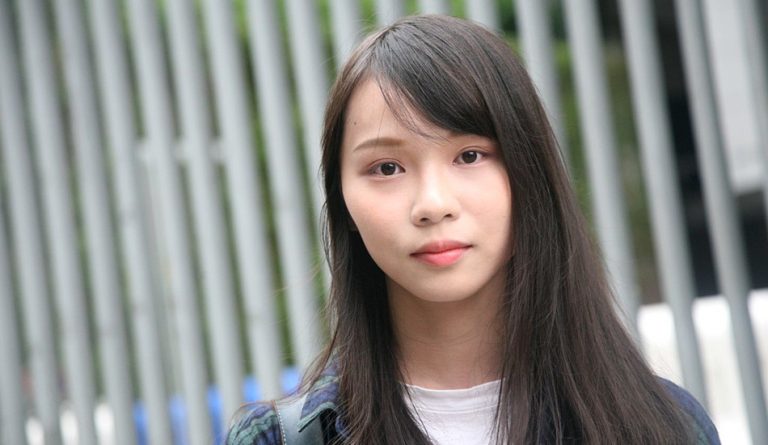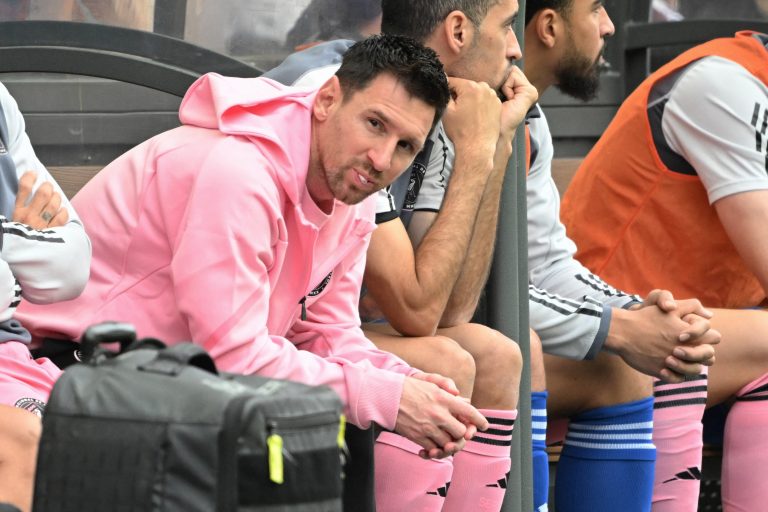Hong Kong’s city government has promoted two security officials who have led the charge on the Beijing-directed crackdown against democracy, freedom of the press, and dissent following the historic 2019 anti-Chinese Communist Party protests to top seats in the government’s power structure.
Former Secretary for Security John Lee was appointed Chief Secretary, making him Chief Executive Carrie Lam’s right hand man, while former Hong Kong Police Commissioner Chris Tang was promoted to take Lee’s former position. Tang was succeeded by former Deputy Commissioner Raymond Siu.
The duo were sworn into their new positions on June 25. The appointments are notable in light of Beijing’s announced plans to resurrect the notorious Article 23, three upcoming elections, a swath of anticipated modifications to the election system, and the 25th Anniversary of Hong Kong’s return to CCP control. Lam also has only one year remaining on her current term.
The trio of Lam, Lee, and Tang were sanctioned by former U.S. President Donald Trump, along with eight other officials, in August of 2020 after Beijing moved to install its first wave of legislation to transform Hong Kong from a flourishing democracy to Communist Party control, the National Security Law.
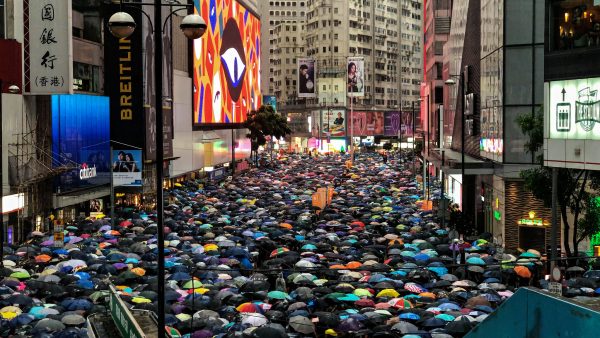
At the time, Lam made curious comments about her personal wealth in an interview with the Hong Kong International Business Channel as she tried to downplay the impact of U.S. sanctions, “I’m using cash every day. I have piles of cash at home — the government is paying me cash for my salary because I don’t have a bank account.”
Success
You are now signed up for our newsletter
Success
Check your email to complete sign up
Lam also told CCP propaganda outlet CGTN the sanctions caused some inconvenience because she was no longer able to use credit cards. Chinese banks must comply with U.S. sanctions in order to maintain their access to SWIFT and the U.S. dollars required to participate internationally that come with it.
Under Hong Kong’s Basic Law, all appointments to top positions in the Hong Kong government have to be approved by the CCP. The Party approved Lam’s new cohorts.
According to a South China Morning Post article on June 25 that cited a “government insider,” one of the largest motivations for the changes was to have someone who is hawkishly pro-Beijing oversee a new vetting committee, composed of less than ten members, that will block any candidate deemed “unpatriotic” from participating in the upcoming election cycle.
When the National Security Law was enacted in order to crack down on political dissent, Lee was quoted as saying “Hong Kong’s era of chaos” had come to an end and the City had “turned a new page of effective governance.”
Lee also barred the Hong Kong National Party, who campaigned on a platform for independence from the CCP, from participating in city politics. In 2018, Lee was the one who moved to install the notorious Extradition Bill that would have seen the CCP’s political targets in Hong Kong be exported to the mainland to face the communist regime’s kangaroo court system and the forced labor, torture, and rape that goes hand-in-hand with the Party’s enforcement arms.
It was the Extradition Bill that served as the spark to start the remarkable 2019 protest movement that at times saw more than 2 million citizens hitting the streets to call for an end to communist rule.
It was also under Lee’s command that pro-democracy newspaper Apple Daily and its owner, Jimmy Lai, were destroyed by the Hong Kong government this month.
As the battle to uphold Hong Kong’s democracy and essential freedoms seems more and more lost each day, comments by pro-CCP official Alice Mak perhaps aptly sum up the current sentiment in the city, “If it’s a police state, why not? I don’t think there’s any problem with a police state,” Mak barked at reporters who asked if she was concerned about the installation of security officials into Hong Kong’s top political seats.
“When we say a police state, I will view the other side, that is the emphasis on security,” she added, according to Radio Free Asia.
Mak also told SCMP, “In the past our society has experienced severe threats from violent factions. So I think security is an issue.”
A second SCMP article, published on June 27, said Lam’s press conference announcing the promotions was actually superseded by an official announcement from the CCP’s propaganda outlet, Xinhua, a half an hour before it commenced, perhaps alluding to a reality where the trio of Lam, Lee, and Tang are merely figureheads appointed to go with whatever flow is dictated by the Communist Party’s dueling power structures in Beijing and Shanghai.



